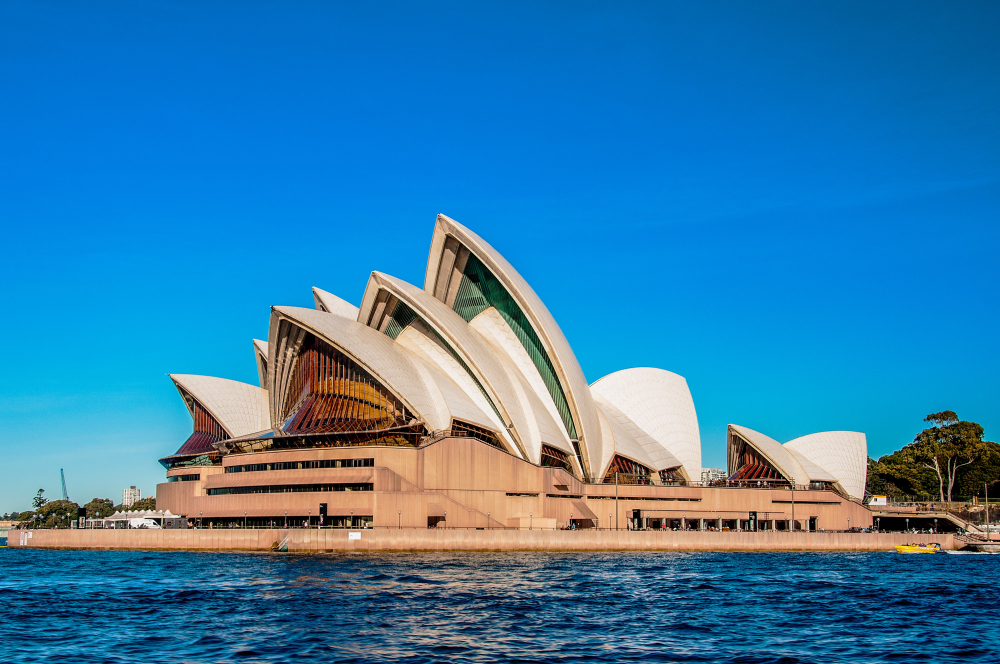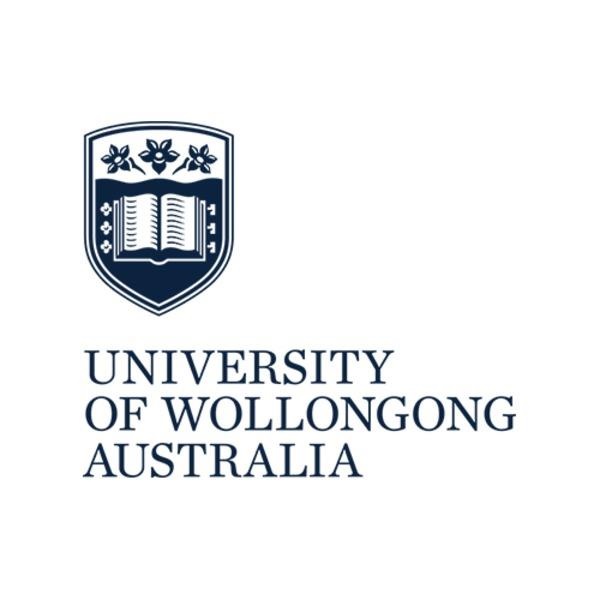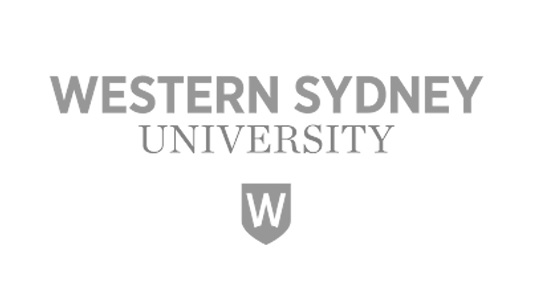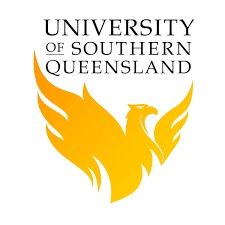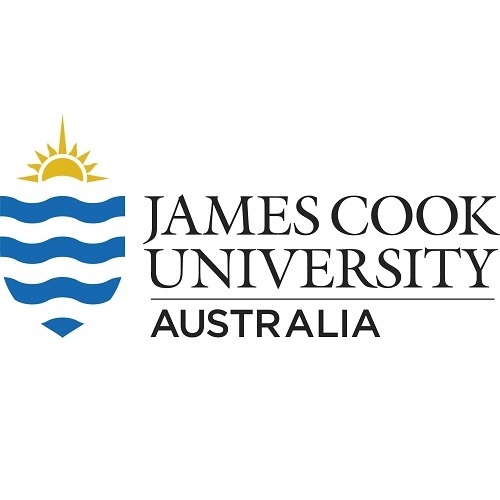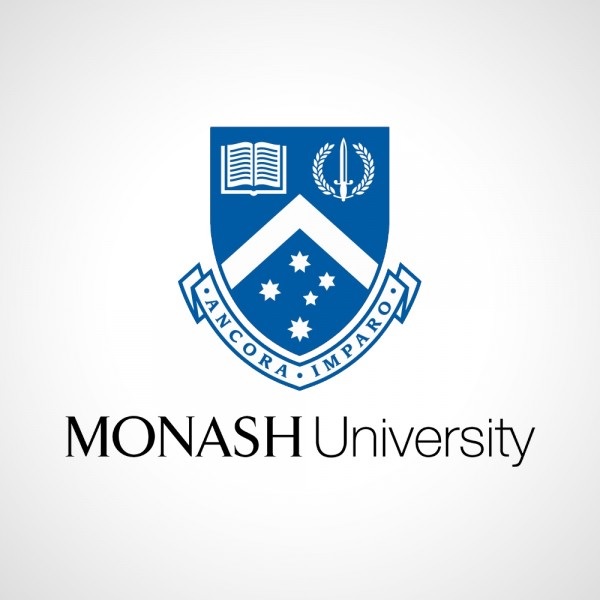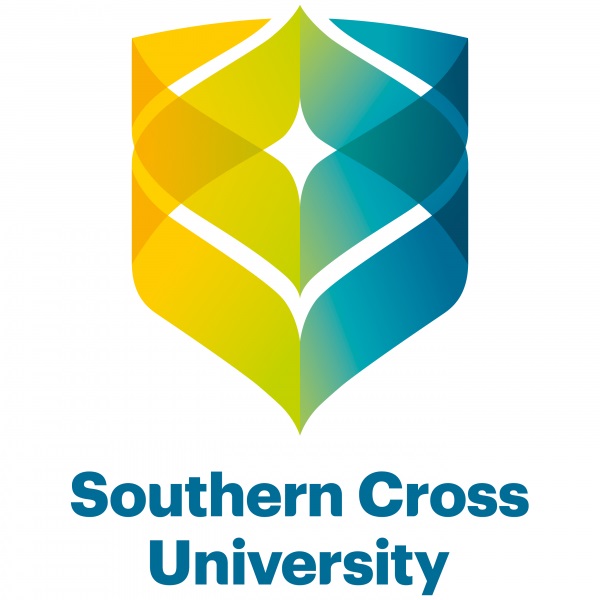How to Apply
UG Applications are submitted directly through the websites of each university
Why Australia
International Rankings of Australian Universities
Part time job opportunities for international students
Post-Study Work Visa up to 5 years
Opportunity for Permanent Residence
Availability of pathway programs for international students
IELTS, TOEFL and PTE scores are accepted by all universities.
No application fee in a majority of universities
Flexibility in terms of deadlines, universities ready to accept applications and financials closer to course start dates
Lower entry requirements of universities with relatively higher international rankings
No Visa interviews
Quick visa outcomes*
GST is paid over and above commissions
Intakes available with Australian Universities
Major Intakes
February and July
Offered by Universities and Private Colleges
Courses offered: All popular areas
Minor Intakes
October/November
Offered by Private Colleges and some of the major universities (e.g. Deakin University and Griffith University)
Courses offered: Business, Information Technology and Engineering
Types of Educational Institutions in Australia
Universities & Private Colleges
Private Colleges in Australia
Colleges offering Bachelor's and Master's programs
Independent Colleges offer Bachelor’s & Master’s Degrees
Some colleges are affiliated with universities (offer UG & PG programs)
These colleges offer Information Technology and Business programs
There are a total of 43 Universities in Australia
Public 38 Universities & Private 3 Universities
The Higher Education Sector in Australia primarily consists of Universities.
The top 8 universities in Australia are popularly known as Group of 8
Australian Universities offer pathway programs, bachelor’s & master’s degrees and doctoral programs.
Programms Offered by Australian Universities
Pharmacy
Business, Management & Accountng
IT & Computer Science
Hospitality & Tourism
Engineering & Project Management
Education & Teaching
MBBS, Nursing& Public Health
Biotechnology & Biomedical Science
Media & Communication
Architecture & Urban Planning
Pathway Programs
Students who are not able to meet the direct entry requirements of Australian Universities can be offered ‘Pathway Programs.’
These programs can be offered at undergraduate level and postgraduate level.
These are also called ‘Packaged Programs’.
Pathway programs are a good opportunity to the students who fail to meet the direct entry requirements of the Australian universities.
Pathway Programs are of two types
Academic Pathway Programs
Offered to the students not able to meet the Academic entry criteria
English Language Programs
Offered to the students not able to meet the English language criteria
Academic Pathway Programs - Undergraduate
Students scoring 55% to 64% in HSC can be offered these programs
They are also called as Diploma leading to Degree programs (D to D programs)
Students usually get admission in a college where they study a Diploma Program for one year (e.g. Diploma of Business)
After successful completion of Diploma, they progress to the second year of Bachelor’s degree, eventually completing their graduation in 3/4 years.
Time schedule for Australia processing
For February intake
|
IELTS Coaching
|
June
|
|
Appear for IELTS Test
|
July
|
|
IELTS Test Result
|
July/August
|
|
Submit applications to universities
|
July to October
|
|
Offer Letters
|
July to November
|
|
Arrangement of Funds
|
August to December
|
|
Financial Assessment in the Universities
|
September to January
|
|
Apply for Visas
|
October to January
|
|
Visa Grant
|
December to February
|
|
Fly to Australia
|
February
|
For July intake
|
IELTS Coaching
|
December
|
|
Appear for IELTS Test
|
January
|
|
IELTS Test Result
|
January/February
|
|
Submit applications to universities
|
January to April
|
|
Offer Letters
|
January to May
|
|
Arrangement of Funds
|
February to May
|
|
Financial Assessment in the Universities
|
March to May
|
|
Apply for Visas
|
May to June
|
|
Visa Grant
|
April to July
|
|
Fly to Australia
|
July
|
Annual Cost of education and living in Australia
|
Particulars
|
Amount in AUD
|
|
Tuition Fee of Universities
|
AU$ 30,000
|
|
Living Costs
|
AU$ 21,041
|
|
Airfare from India to Australia
|
AU$ 2,000
|
|
Visa Fee
|
AU$ 640
|
|
Total Expenses
|
AU$ 53,681
|
|
Less Part Time Earnings
|
AU$ 15,000
|
|
Net Cost
|
AU$ 38,681
|
|
Less Scholarship Amount
|
If Applicable
|
|
Total Money to be spent by the student
|
AU$ 38,681
|
Financials and Visa
Australian Universities accept following types of funds
Education Loans // Balance in Savings Bank Accounts // Fixed Deposit
Acceptable Sponsors
Parents
Grandparents (Maternal/Paternal)
Siblings (brother/sister)
Student himself Uncle/Aunt (not more than 20%-25% of the total fund requirement)
Non-acceptable Sponsors
Cousins
Family Friends
Distant Relatives
Education Loans
Should be availed from an acceptable financial institution
Should not be ‘In-Principle’ or ‘Conditional’ and should be fully sanctioned
Valuation Report of the property
Collateral security can be asked for (immovable property/fixed deposits)
Security should belong to immediate family members
Savings Accounts and Term Deposits
Account statement covering transactions for the last 3-6 months
Balance certificate from the bank with the recent balance amount
Accounts with overdraft limit/auto-sweep accounts are accepted
Date of maturity of Term deposits should exceed course start date
Financial assessment explained
Income Proofs
Income proofs for the recent 2-3 assessment years
Identity Proof
Do Australian Universities ask for sources of 3 month-old funds?
In general, Australian universities may not ask for sources of funds that are 3 months old.However, on a case-by-case basis, they may ask for sources.
Australian Universities may ask for sources of funds even if the funds are 3 months old (e.g. CQUniversity and Western Sydney University).
For Fixed Deposits with major amounts, the volume of funds deposited are matched with the annual income of sponsors. If they are not commensurate, then sources of deposits will be asked for.
Pre-Medical Test
Students have to medical tests after submitting their visa documents to the Australian High Commission from an ‘empaneled’ Physician/Clinic
List of Physicians/Clinics empaneled with the Australian High Commission:
https://immi.homeaffairs.gov.au/help-support/contact-us/offices-and-locations/list
A referral letter will be shared with you after visa is lodged by our team
This referral letter has an 8-digit unique id called ‘HAP ID.’
Student then has to go to the clinic with this referral letter and undergo medical tests and he also has to submit the same referral letter with his visa file.
Lodging Student Visa (Subclass 500)
List of documents required for lodging student Visa (soft copies only
Form 956 A
eCoE
OSHC letter (if purchased from a private provider)
Referral letter (HAP ID)
Passport (all pages of all passports, old and new)
Welfare arrangements (under 18 applicants)
Statement of Purpose
Statement of Purpose
Academic documents
Work experience documents
Financial Documents
Resume
Family Information Sheet (for KCs Reference)
Travel History of the Applicant (for KCs Reference)
Employment History of the Applicant (for KCs Reference)
Visa Fees
Visa Fee for the main applicant: AUD 638
Visa Fee for the dependent: AUD 470
Visa Fee for the child: AUD 155
Payment of Visa Fees
Visa Fee has to be mandatorily paid using a credit card. Debit Cards (even international debit cards) will not be accepted and payment will be declined.
Visa fees can also be paid using a PayPal account.
List of documents required with an application
Application Form of the University
GTE/SVP Checklist of university
Marksheet of SSC
Marksheet of HSC
All marksheets of graduation (pass/fail)
All marksheets of post-graduation (pass/fail)
IELTS/TOEFL/PTE score card (any one)
Statement of Purpose
Copy of Passport (first and last page)
Resume (Optional)
Employment Offer Letters and Work Experience Certificates
Salary Proofs: Salary Slips/Salary Account Statement/Form 16
Letters of Recommendation (Optional)
Contact Details (Email ids) for verification of work experience certificates
If the student is married, then following documents of spouse are required
Marriage Certificate
Resume of Spouse
All Academic documents (as mentioned in the previous slide)
Work Experience documents (as mentioned in the previous slide)
Salary Proofs (as mentioned in the previous slide)
Copy of Passport (first and last pages
Useful Tips for successful Application
All Australian universities accept applications in soft only
Use the most updated application forms
Ensure that the forms are filled up correctly – ask for samples, if required
Ensure that the form is filled by the student himself
Student’s signature on his application form must match with his signature on his passport.Electronic signature will not be accepted
Send ‘color’ scanned copies of all academic marksheets of the student
Mention student’s personal email id and personal contact numbers
Verify authenticity of the documents and cross verify them with the original copies beforemailing them to us
Submit documents to us in ‘PDF’ format only, avoid sending documents in other formats like jpg or ‘Google Docs’
Sections of ‘Agent Details/Stamp’ and ‘Agent Signature’ must be left blank
All relevant boxes should be checked, wherever required
Cost Estimate
$15,000 to $33,000 (INR 11,15,332- 24,53,731) per year
Popular Programs
Agriculture and Environmental Sciences
Management and Commerce
Nursing and Allied Health
Popular Universities
